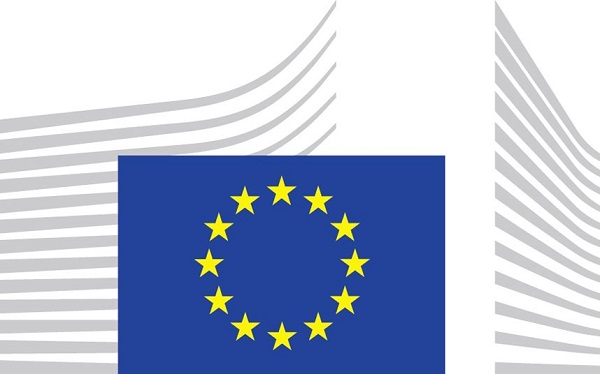
On Wednesday 24 July 2024, the European Commission published its fifth Annual Rule of Law Report, systematically examining the evolution of the rule of law in all Member States, including Luxembourg.
According to the European Commission, since its first publication in 2020, the report has become a real driver of positive reforms: two-thirds (68 %) of the recommendations issued in 2023 have been fully or partially followed up. However, in some Member States, systematic concerns remain and the situation has deteriorated. These concerns are addressed in the recommendations of this year's report.
The report includes, for the first time, four country chapters on the evolution of the situation in Albania, Montenegro, North Macedonia and Serbia. The inclusion of these countries will support their reform efforts, help the authorities to make further progress in the accession process and prepare for the continuation of the work on the rule of law as a future Member State. This report does not contain any recommendations for enlargement countries, as recommendations for these countries are made exclusively in the context of the annual enlargement package.
Key findings for Luxembourg
The level of judicial independence perceived in Luxembourg continues to be very high among the general public and the courts are functioning efficiently, the European Commission noted. The elections of the National Council of Justice have taken place and the European Council is becoming fully operational. Its work has been positively assessed. A reform to make legal aid more accessible has been adopted. Progress in digitalising justice remains slow, although progress has been noted in the area of administrative justice. A reform of criminal justice for young people and children is underway, aimed at ensuring better access to a lawyer.
The Corruption Prevention Committee has focused on preparations for the evaluation of the Luxembourg system under the Anti-Corruption Convention. It is planned to increase resources and recruitment for the police and the prosecution service to enable them to investigate economic and financial crime. According to the European Commission, the code of conduct for parliamentarians has been revised to increase transparency in interactions between parliamentarians and lobbyists, but the publicly available online information included in the transparency register remains limited. Draft laws to introduce codes of conduct for elected officials and civil servants at the municipal level are still awaiting adoption. The modalities for transmitting information to the register of meetings between members of the Government and their advisors with third parties are simplified in the interests of transparency and efficiency. The Ethics Committee has not found any violations of the codes of conduct for members of the Government or their advisors and the Court of Auditors has not found any irregularities in the financing of political parties or the misappropriation of public funds or procurement procedures. A central office for whistleblowers has been established, the European Commission added.
The legal framework establishing the regulator of audiovisual media services and governing its operation remains stable, while its missions have been expanded. The government reported it has provided financial support to public service media 100,7 for the seven-year period 2024-2030. Amendments to the Open and Transparent Administration Act have been announced, to address, among other things, the specific needs of journalists in terms of rapid access to information. The framework for the protection of journalists has reportedly been strengthened through amendments to criminal legislation.
Steps have been taken to make the legislative decision-making process more inclusive, as multiple stakeholders are consulted at different stages by the government, although gaps remain at the level of Parliament, the European Commission added. A reform of the independent fundamental rights institutions is under discussion with the aim of unifying their legislation and improving their independence. A new law on non-profit associations and foundations has been adopted, with a focus on their governance.
Recommendations for Luxembourg
In this context, it was recommended that Luxembourg strengthen its efforts to achieve the full digitalisation of civil, criminal and administrative proceedings. The Grand Duchy should step up efforts to increase the information contained in the Transparency Register, including by covering all information provided in the Parliament's Rules of Procedure.
According to the European Commission, Luxembourg should advance the reform of the legal framework for the disclosure of public documents, taking into account European standards on access to public documents
Besides, the Grand Duchy received the recommendation to improve the legislative decision-making process, particularly at the level of Parliament, by increasing transparency and stakeholder involvement in public consultations.








